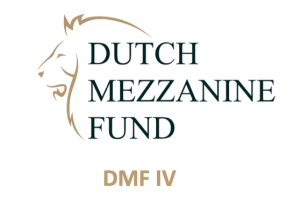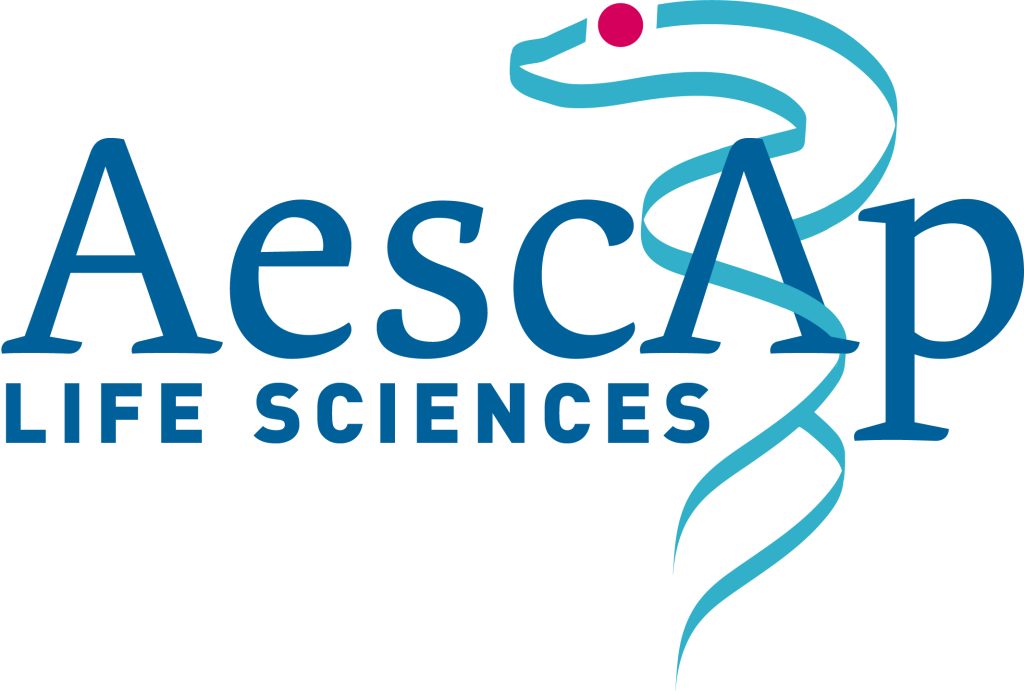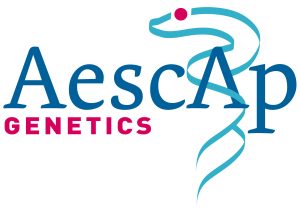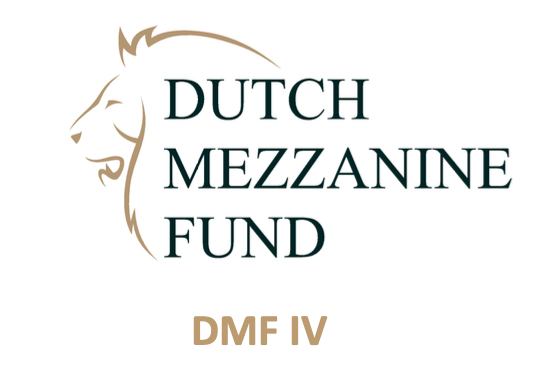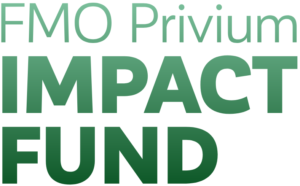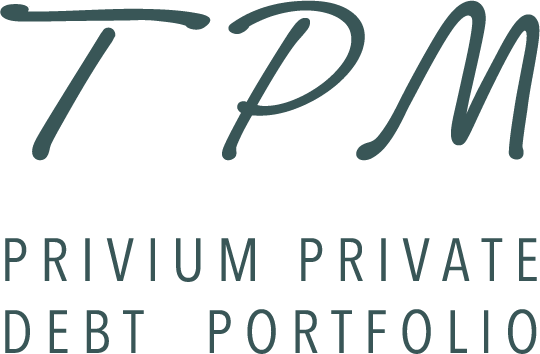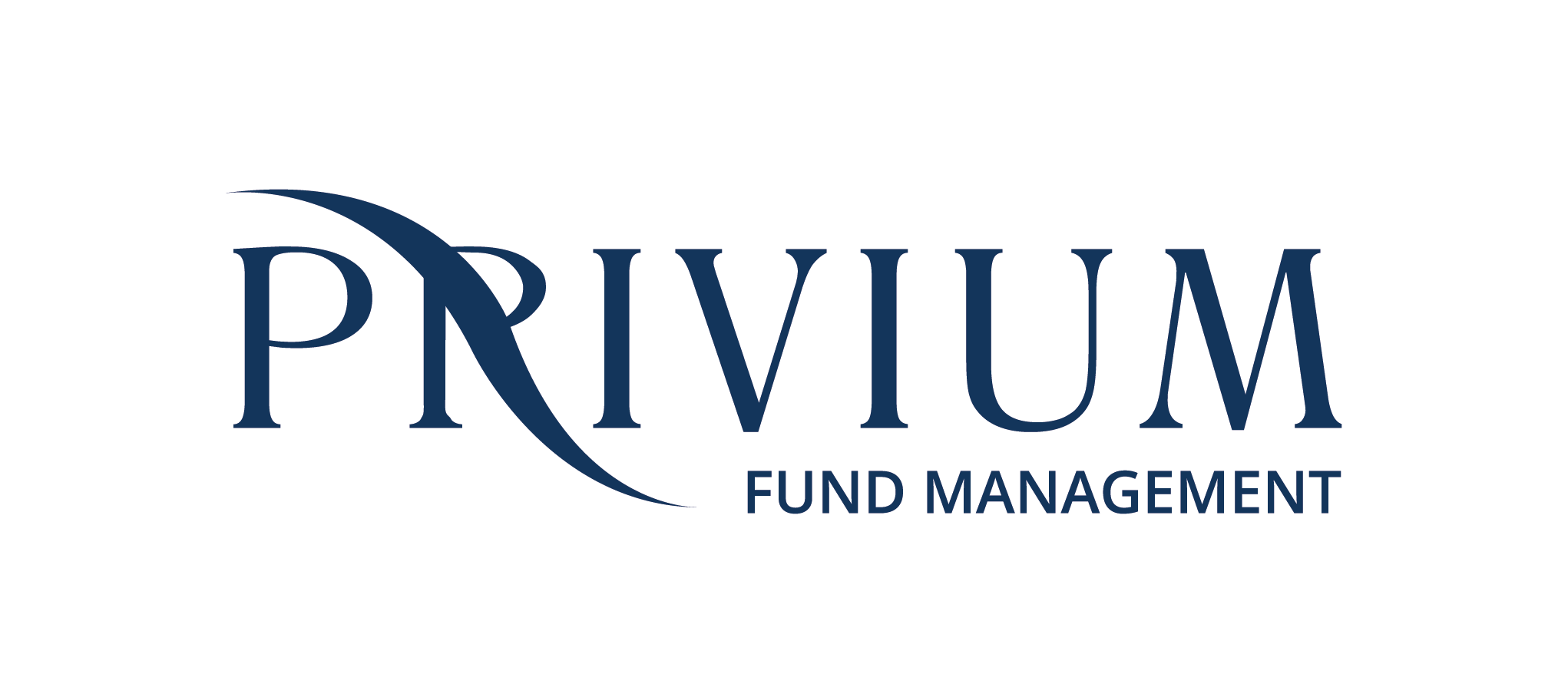The Dutch Mezzanine Fund‘s objectives are to achieve long-term capital appreciation through privately negotiated investments primarily in mezzanine securities, for the purpose of achieving an attractive return on Investments. Mezzanine is a hybrid form of capital which is subordinated to senior (bank) debt and ranks ahead of a borrower’s equity.
Fund IV follows the success of Fund I, II, III where the investment team is consistent in investment strategy but with a broader geographical reach, investing in both the Netherlands and Germany.
Summary
The investment strategy of DMF IV is to support the sustainable growth of small and mid-sized enterprises (SMEs) by providing access to financing. DMF IV provides financing to a diversified portfolio of SMEs with the intent to promote measurable environmental and social characteristics, alongside financial returns.
The Fund Objectives are to achieve long-term capital appreciation through privately negotiated investments primarily in mezzanine securities, for the purpose of achieving an attractive return on Investments. The Fund shall try to achieve the Fund Objectives in particular, but without limitation by:
- Providing mezzanine and related classes of capital for buyouts, recapitalisations, development or expansion of companies or other entities primarily with their core business in Europe, whereby the Fund will invest:
- at least 60% of Total Commitments in mezzanine and other private subordinated debt as well as investments with a similar risk profile issued by companies, issuers and borrowers that are incorporated or have their corporate headquarters or which conduct a material part of their business in the Netherlands or Germany; and
- in mezzanine and other private subordinated debt as well as investments with a similar risk profile issued by Investee Companies that qualify, at the time of the Fund’s first investment therein, as Expansion and Growth Stage Companies.
- Investing in unitranche investments with leverage provided by third party leverage providers.
- Investing an amount equal to at least two thirds of the amount drawn down from Investors for the purpose of investment in Investee Companies based or active in the territory of the Member States of the European Union or in candidate and potential candidate countries (recognised as such by the European Union).
The Fund aims to achieve a 10% + IRR, net of costs and Carried Interest, for its Investors.
DMF IV promotes social characteristics towards Investee Companies by providing access to financing to SMEs. Whilst access to financing remains a key success factor for the future business growth of SMEs, access to financing for SMEs remains faced with difficulties in today’s markets. DMF IV choses to select those SMEs which are willing to make an effort to improve on their good employership, as this fosters the development of decent work environments.
DMF IV promotes environmental characteristics as it is convinced that Investee Companies that are better prepared for the uncertainties and challenges of potential environmental changes, will turn out the be the stronger performers of the future. Enabling SMEs to improve on their sustainable industrialization, production and consumption processes supports this preparation.
DMF IV promotes environmental and social characteristics, but does not have as its objective sustainable investment. As such it does not target a percentage of sustainable investments and does not take into account the adverse impacts on sustainability factors as defined in the Sustainable Finance Disclosure Regulation. Also, DMF IV does not target EU Taxonomy aligned investments.
As part of every new potential investment, the Portfolio Managers prepare an extensive, independently readable, investment proposal. As part of this investment proposal, ESG / sustainability risks are assessed as part of due diligence according to the Sustainability Accounting Standards Board (SASB) sustainability risk matrix. The investment proposal is subsequently discussed with the DMF IV investment advisory committee, where the ESG risk analysis forms part of the overall risk assessment and investment decision process. The output of the ESG assessment is consecutively recorded via a software tool.
DMF IV uses the SASB methodology as it provides a framework for assessing and reporting on sustainability factors that are financially material to companies. While SASB primarily focuses on industry-specific sustainability issues, it recognizes the importance of good governance practices as a fundamental component of sustainability, e.g. as SASB requires companies to disclose relevant governance-related information as part of their reporting. This includes information on board composition, independence, leadership structure, executive compensation, and shareholder rights. By imposing these disclosures, SASB promotes transparency and accountability, which are essential elements of good governance.
No sustainable investment objective
DMF IV promotes environmental and social characteristics, but does not have as its objective sustainable investment. The Fund targets a minimum of 60% of the invested capital to be aligned with the Environmental and Social characteristics and does not make use of derivatives to attain these characteristics.
Please find more details in the Pre-Contractual Disclosure Document (Annex II)
Environmental or social characteristics of the financial product
DMF IV promotes social characteristics towards Investee Companies by providing access to financing to SMEs. Whilst access to financing remains a key success factor for the future business growth of SMEs, access to financing for SMEs remains faced with difficulties in today’s markets. DMF IV choses to select those SMEs which are willing to make an effort to improve on their good employership, as this fosters the development of decent work environments.
DMF IV promotes environmental characteristics as it is convinced that Investee Companies that are better prepared for the uncertainties and challenges of potential environmental changes, will turn out the be the stronger performers of the future. Enabling SMEs to improve on their sustainable industrialization, production and consumption processes supports this preparation.
|
Social characteristics |
|||
|
SDG |
Target |
Key Performance Indicator (KPI) |
KPI measurement |
|
8 |
Increase sustained, inclusive and sustainable economic growth, full and productive employment and decent work |
% of loans being provided to SMEs and midcaps (based on the Invested Capital of the Fund) |
The KPI is being measured based on the percentage of loans being provided to SMEs and Mid-caps in accordance with the EU Commission Recommendation 2003/361/EC |
|
8 |
Increase sustained, inclusive and sustainable economic growth, full and productive employment and decent work |
Number of portfolio companies measuring employee satisfaction rate |
The KPI is being measured based on the percentage of investee companies undertaking employee satisfaction surveys and, for those undertaking these surveys, the development of the survey’s score over time. |
|
Environmental characteristics |
|||
|
9 |
Build resilient infrastructure, promote inclusive and sustainable industrialization and foster innovation by increasing the construction of renewable energy capacity and related infrastructure
|
Purchased KwH energy per €1m of revenues |
The KPI is being measured based on the purchased KwH of energy, thereby excluding self-generated energy, which is derived from the final energy bill of Investee Companies. |
|
12 |
Ensure sustainable consumption and production patterns |
Number of portfolio companies reporting on sustainability |
The KPI is being measured based on the information received from the Investee Companies, including Annual Reports, Impact Reports or other periodic reporting information. Where the reporting date of an investment deviates, the most up-to-date data is used. |
|
12 |
Ensure sustainable consumption and production patterns |
Waste as a percentage of cost of goods sold |
The KPI is being measured based on the financial reporting provided by the Investee Companies. Please note that this KPI will only apply to production companies. |
Investment strategy
The investment strategy of DMF IV is to support the sustainable growth of small and mid-sized enterprises (SMEs) by providing access to financing. DMF IV provides financing to a diversified portfolio of SMEs with the intent to promote measurable environmental and social characteristics, alongside financial returns.
DMF IV focuses on SMEs as they play a vital role in the economy for several reasons and access to financing is key:
Business Growth: Financing enables SMEs to invest in their operations, expand their production capacity, and enter new markets. With access to capital, SMEs can purchase equipment, hire additional staff, invest in research and development, and fund marketing campaigns. This helps them seize growth opportunities, increase productivity, and enhance competitiveness.
Job Creation: SMEs are significant contributors to employment and economic growth in many countries. Access to financing enables them to create new jobs, hire talented individuals, and contribute to reducing unemployment rates. As SMEs grow, they generate tax revenue, stimulate local economies, and contribute to overall economic development.
Economic Growth and Innovation: SMEs are important drivers of economic growth and innovation. They foster entrepreneurship and encourage the development of new ideas, products, and services. Their agility and ability to adapt quickly to market demands allow them to introduce innovative solutions, challenge established practices, and promote competition, leading to overall economic advancement.
Contribution to GDP: Although individual SMEs may have smaller turnovers compared to larger corporations, collectively, they make a significant contribution to the Gross Domestic Product (GDP) of a country. The cumulative impact of numerous SMEs across various sectors adds up to a substantial share of economic output, contributing to overall economic stability and prosperity.
Regional Development: SMEs play a crucial role in regional and rural development. They often establish businesses in areas that are underserved by larger corporations, bringing economic activity, investment, and employment opportunities to those regions. This helps to reduce regional disparities, boost local economies, and improve the overall standard of living.
Supply Chain and Local Sourcing: SMEs often form an essential part of the supply chains of larger corporations. They provide goods and services, act as suppliers and subcontractors, and contribute to the overall functioning of the economy. Moreover, SMEs often source their inputs locally, supporting other small businesses, fostering interdependence, and creating a multiplier effect on the economy. The fund applies a combination of exclusions of unwanted activities and sectors with active portfolio management to support companies to grow in a responsible way.
Proportion of investments
The Fund aims to select a minimum of 60% of the Fund’s invested capital to be aligned with the social and environmental characteristics. The Fund does not make use of derivatives to attain the environmental and social characteristics. The fund does not make sustainable investments and does not target alignment with the EU taxonomy.
The scope of the investments is reduced through the application of the Fund’s product and sector exclusion policy as well as the geographical focus on small and mid-cap companies from the Netherlands and Germany.
Monitoring of environmental or social characteristics
The Fund has determined that an investment contributes to the social and/or environmental characteristic if they report sufficiently on the KPIs related to that characteristic.
The companies the Fund invests in should not only have strong financials, good management and comply with the regulations, but they should also continue to improve performance on their KPIs wherever possible. The Portfolio Manager has a long history of investing in- and supporting SME companies. Active portfolio management can be very effective and can have a concrete and direct impact on their policies and practices.
Please find more details in the Pre-Contractual Disclosure Document (Annex II)
Data sources and processing
The Fund uses data for the following purposes:
- Sourcing of the investee companies
- Monitoring the sustainability risks
- Reporting the KPIs indicators
Data used and processed by the Fund are as follows:
- Sources: Directly sourced investee company data financials, company policies, annual reports and ESG reporting data. Outside technical experts and sector specialists used when required
- Data quality: An investment candidate needs to be willing to communicate and/or share information regarding the relevant topics and risk factors (e.g. SASB, KPIs).
- Data processing: the Fund processes data from investee companies via a software provider, checks the received data and does not process data beyond preparing investor communications.
Limitations to methodologies and data
The Fund expects limitations to occur with the current methodologies and data collection as SME companies need some time to acquaint themselves with ESG reporting methods or improve their reporting scope and quality of data.
Due diligence
The Fund follows the below investment processes, integrating the ESG risk and opportunities:
- Deal sourcing: initial check on sector/product exclusion
- Initial selection: deeper dive into sector and product detail and initial ESG investigation
- One-pager/initial review: understanding environmental/social risks and opportunities
- Extensive investment proposal: full understanding of risks and opportunities, policies and ESG ambitions. Commitment on KPI datapoints
- Confirmatory due diligence: final ESG risk report
- Transaction documentation: Inclusion of ESG commitments
Active portfolio management
DMF IV takes an active board observer seat on each portfolio company to monitor developments, steer ESG progress and intervene where needed on the below timeline:
- Active board observer – on each portfolio company
- Monitor on a monthly basis – all board reports, management accounts and comparisons to budget.
- Quarterly basis – covenants compliance certificates
- Attend board meetings – at least once a quarter with further meetings for specific corporate events (strategic decisions, large investments and budget deviations)
- Annually – budget discussions and monitoring of audited accounts
- Detailed and regular Investor reporting – DMF investors receive quarterly reports, DMF portfolio and fund updates, annual audited report & accounts and notifications on new developments and distributions.
Designated reference benchmark
The Fund does not compare its ESG performance to a benchmark or index.
Pre-Contractual Disclosure:
Key Information Document
